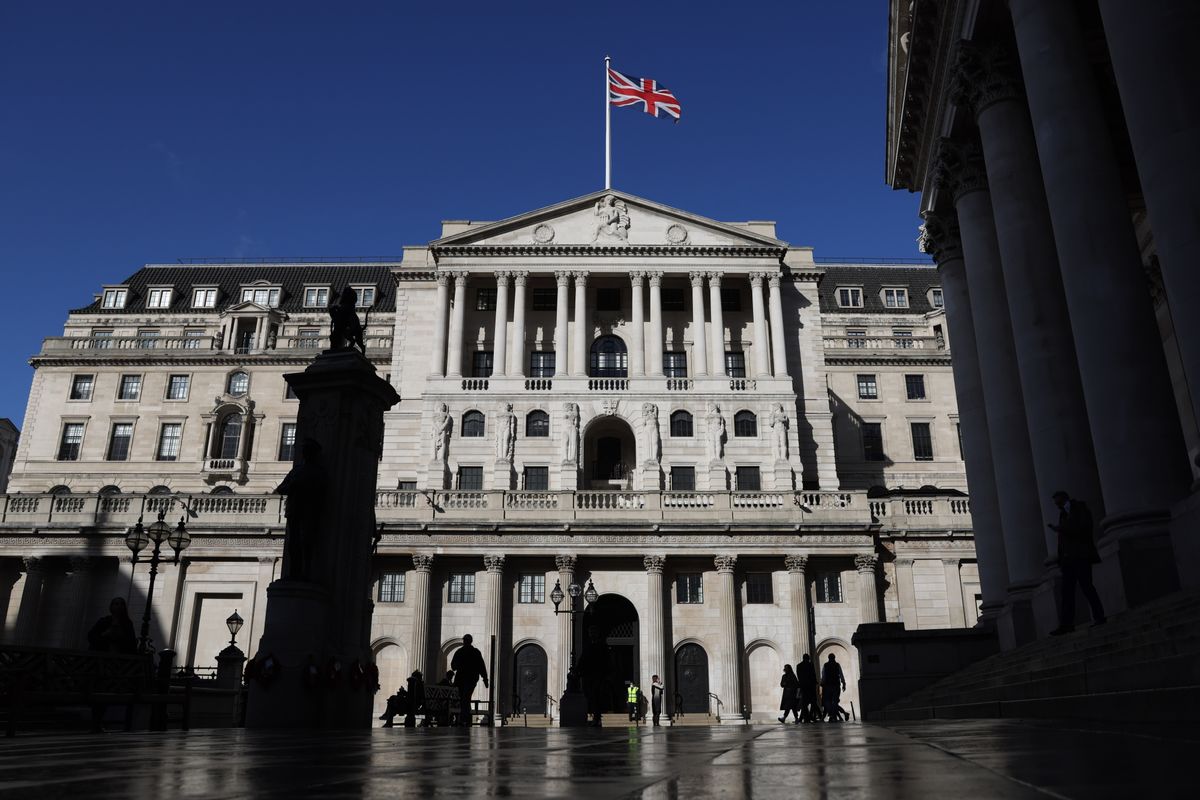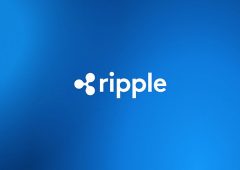CBDC: Bank of England to Test Digital Currencies and DLT Integration
30.07.2024 22:00 1 min. read Alexander Stefanov
England's central bank is set to launch a new series of tests involving distributed ledger technology (DLT) and wholesale central bank digital currencies (wCBDC).
These initiatives aim to explore the evolving landscape of payments and assess the implications of new financial technologies.
As cryptocurrencies and their underlying technologies gain traction, central banks globally are investigating how to integrate these innovations.
The Bank of England is involved in Project Agora, a BIS-led initiative examining the exchange of tokenized bank deposits and central bank money across different currencies.
Governor Andrew Bailey highlighted the need for the Bank to adapt alongside technological advances to ensure monetary and financial stability.
The experiments will focus on asset transfers between platforms, including those using DLT, while ensuring compatibility with the bank’s Real Time Gross Settlement system.
Additionally, the Bank of England plans to collaborate with the Treasury and financial regulators to maintain the consistency of different forms of money, including stablecoins and tokenized deposits, ensuring they remain interchangeable.
-
1
Polygon Breaks from Decentralization as Sandeep Nailwal Assumes Full Control
11.06.2025 20:00 2 min. read -
2
Ethereum Gets Serious About Security with New Roadmap and Leadership Changes
12.06.2025 8:00 1 min. read -
3
PancakeSwap Unveils Seamless Crosschain Swaps with Game-Changing Upgrade
12.06.2025 13:00 1 min. read -
4
Israel vs. Iran: Who Really Leads the Middle-East Blockchain Race?
13.06.2025 20:00 2 min. read -
5
Solana Partners with Kazakhstan to Launch Digital Economy Zone
22.06.2025 18:00 2 min. read
What the U.S. Blockchain Act Means for Crypto’s Future
The U.S. House of Representatives has taken a major step toward digital asset regulation by passing the Deploying American Blockchains Act of 2025.
Top 10 DeFi Projects by Development This Month
According to a new report by Santiment, Chainlink ($LINK) has maintained its dominant position as the most actively developed DeFi project over the past 30 days.
Coinbase to Launch U.S. Perpetual-Style Futures on July 21
Leading crypto exchange Coinbase (COIN) is set to launch perpetual-style futures contracts in the United States starting July 21, becoming one of the first regulated entities to offer a product that closely mirrors globally popular offshore perpetuals.
Robinhood Expands Crypto Futures With XRP and Solana Micro Contracts
Zero-commission brokerage Robinhood has expanded its cryptocurrency futures offerings by launching micro futures contracts for XRP, Solana (SOL), and Bitcoin (BTC).
-
1
Polygon Breaks from Decentralization as Sandeep Nailwal Assumes Full Control
11.06.2025 20:00 2 min. read -
2
Ethereum Gets Serious About Security with New Roadmap and Leadership Changes
12.06.2025 8:00 1 min. read -
3
PancakeSwap Unveils Seamless Crosschain Swaps with Game-Changing Upgrade
12.06.2025 13:00 1 min. read -
4
Israel vs. Iran: Who Really Leads the Middle-East Blockchain Race?
13.06.2025 20:00 2 min. read -
5
Solana Partners with Kazakhstan to Launch Digital Economy Zone
22.06.2025 18:00 2 min. read


